
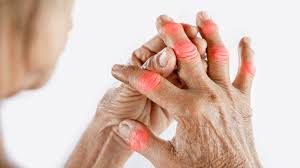
It is an autoimmune disease that results in a chronic, systemic inflammatory disorder that may affect many tissues and organs, mainly attacking flexible, (synovial) joints. It can be disabling and painful condition. The pathology of the disease process often leads to the destruction of articular cartilage and fusion of joints. It primarily affects joints. It may also affect other organs in 15-25% of individuals. Arthritis of joints involve inflammation of synovial membrane. Joints become swollen, tender and warm, stiffness, limits their movement with time and multiple joints maybe affected. Most commonly involved are small joints of hands, feet, and cervical spine.
It is a chronic disease where joints get inflamed leading to swelling, pain, stiffness, and loss of function. In this disease, the immune system itself attacks the joints of body. This destroys the joints protective cartilage. In rheumatoid arthritis patients, the cartilage breaks down and wash away. Then the bones rub together causing pain, swelling, and stiffness. More women than men get rheumatoid arthritis. It often starts in middle age and is most common in older people. But children and young adults can also get affected.
CAUSES OF RHEUMATOID ARTHRITIS
Genes, environment and hormones can contribute to rheumatoid arthritis, is believed to be genetic to some extent. Hence family history is an important risk factor.
SIGNS AND SYMPTOMS:
Arthritis refers to the inflammation of the joints, which causes pain and swelling. It can occur in both small joints (e.g. fingers) and large joints (e.g. hip or knee). The joints can become stiff or deformed, resulting in increased disability or decreased mobility.
There are 2 types of arthritis:
Also known as gout or inflammatory arthritis, is an autoimmune and chronic inflammatory disorder. It occurs when the immune system wrongly attacks the body’s healthy cells, leading to inflammation of the affected body part. Rheumatoid arthritis can affect your joints and other body parts such as blood vessels, eyes, mouth, heart, lungs, and skin.
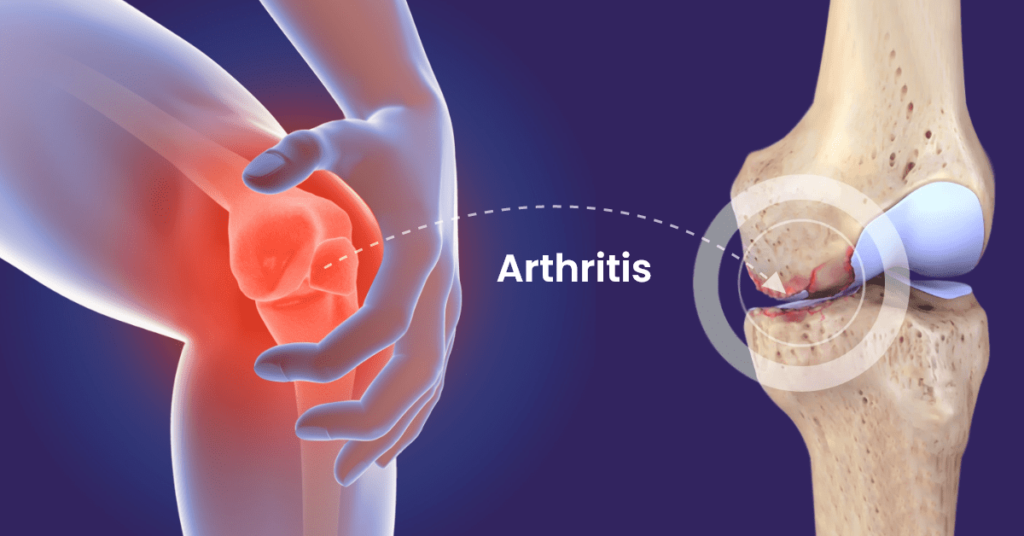

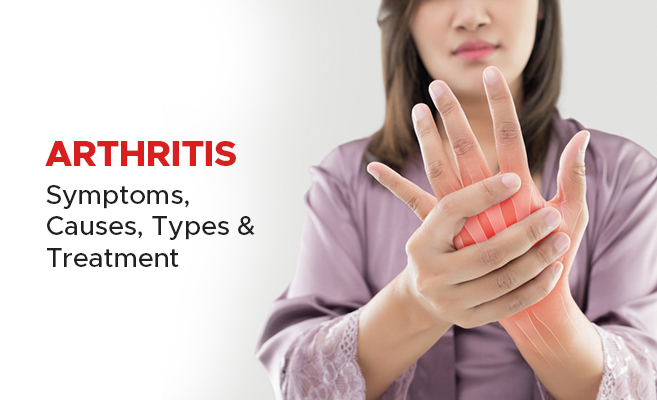
Arthritis comes in a variety of forms. Each kind has distinct symptoms and can require various therapies. Although arthritis often strikes older people, it may afflict anybody at any age, including men, women, and children.
A condition that affects your joints is arthritis (areas where your bones meet and move). The most common symptoms of arthritis are joint inflammation or degeneration (breakdown). When you utilise the affected joint, these reactive arthritis symptoms may be painful. The following bodily parts are those where arthritis is most prevalent:
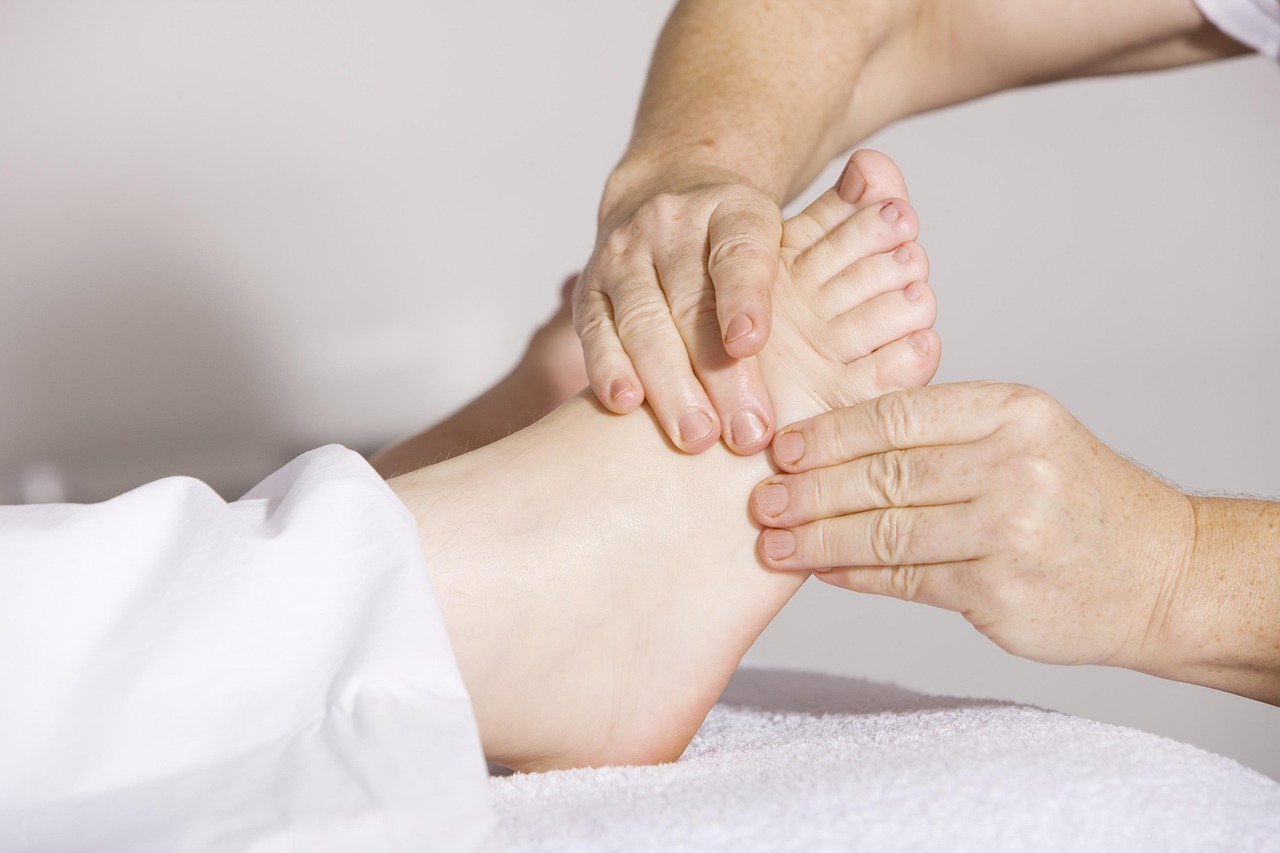
Tailored programs to enhance mobility and alleviate discomfort.
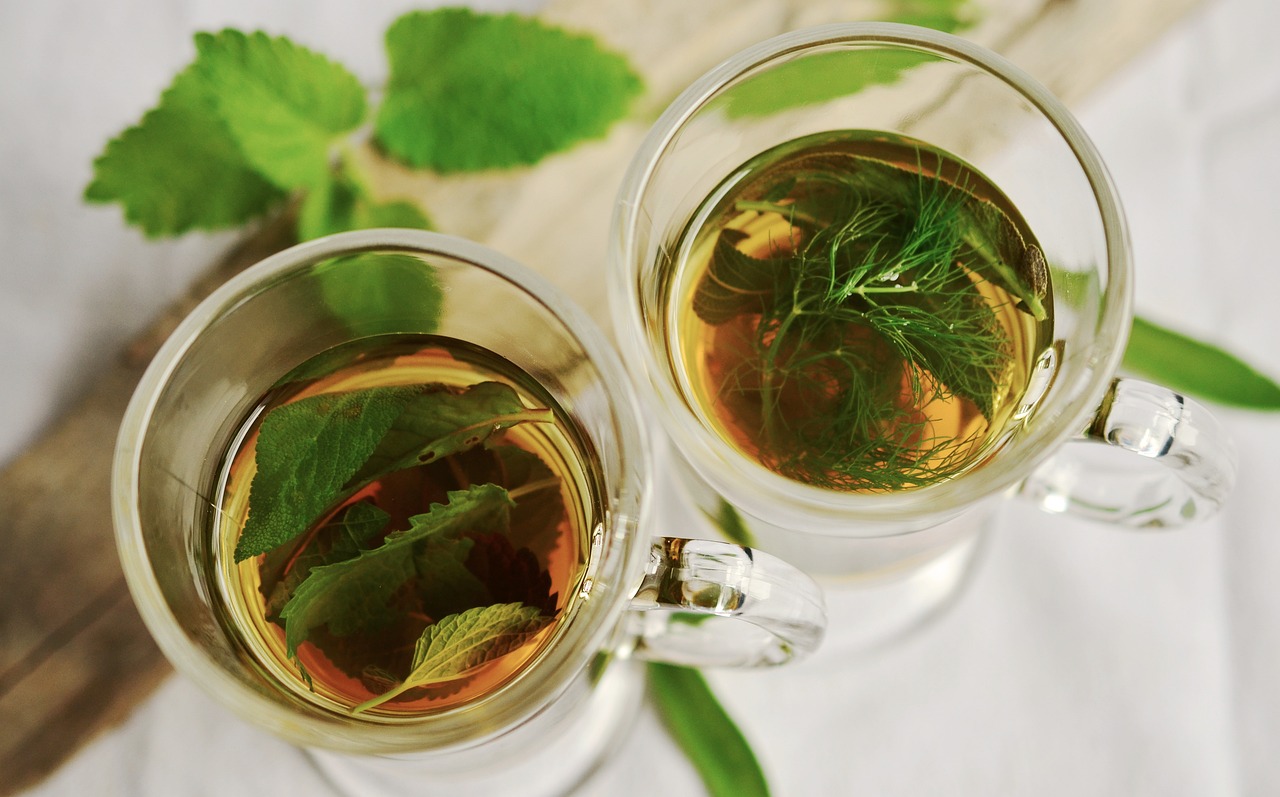
Natural options aimed at reducing inflammation for improved health.

Practices that support pain management and enhance emotional well-being.

Dietary guidance focusing on anti-inflammatory foods for better health.